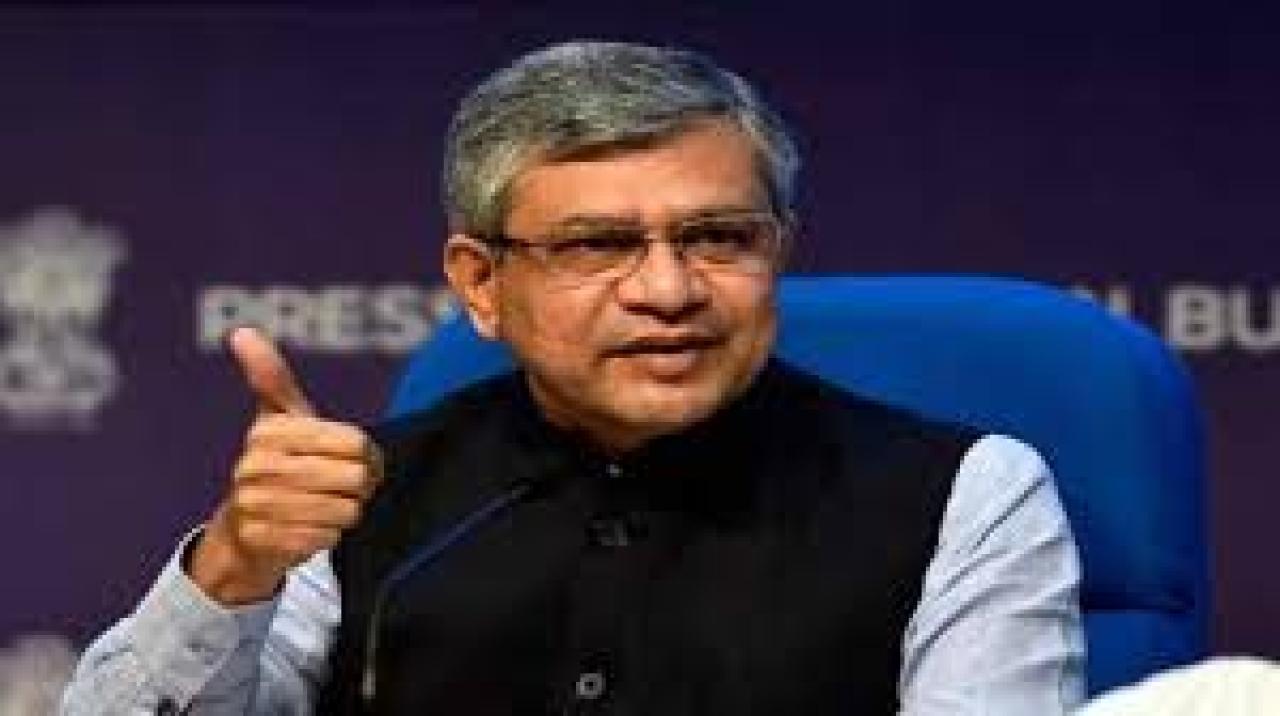
A horrible accident took place around the Native Jetty Bridge the other day. A truck with containers was crossing the bridge when one of the containers just got loose and fell on the road. It would have been all right if the road next to the truck was empty, but it was not.
A poor motorcycle rider was close to the truck and the container fell directly on him. The rest is a horrible story of a life lost due to another accident caused by these trucks. This is not a lone accident involving a truck.

Official data suggests that 71 out of 193 road accidents that took place in Karachi last year were caused by trucks, trailers, and tankers. Yes, tankers are the other killers on the road, the ones that supposedly supply life-saving water to our communities. These creatures are always in a hurry and willing to trample on everything in sight.
They even run over people standing by the side of the road or just driving their vehicles in their designated lanes. By virtue of their trade and the fact that everyone needs water they are well in tune with law enforcers and no matter what their crime they are out in the twinkling of an eye and on their merry yet deadly way. Trucking is a way of life in the west and there are some famous songs like “On the road again” which depict the integral role of trucking in society.
This however does not give a licence to truck drivers in the west to do as they please on the highways. Not only do they follow all the traffic rules but also show great respect for human life. Unfortunately, that is not how it is in Pakistan and especially in the city of Karachi.
One of the reasons why there are so many accidents on the road involving trucks is lack of training because there are no specialized trucking schools and the drivers have only learnt to drive trucks through other drivers popularly known as Ustad or, in plain words, teachers who themselves had no organized training and learnt truck driving through their own Ustads. This combined with the urge to lift maximum and mostly even over the maximum loads serves as a deadly cocktail whose results we observe every day on our roads. Do you know how many trucks ply on our roads on a daily basis? According to available statistics, there are more than 277,000 trucks on Pakistan’s roads.
Overloading is common in Pakistan, in fact in the trucking industry it is part of the routine and drivers are judged more on their capability to overload the maximum amount of goods than good driving habits. For example, a 22 wheeler, 40-45ft flatbed truck has the legal capacity to load up to 50 tons, depending on the product, trucks will load an additional 10–30 tons. Obviously, the overloaded truck will behave differently than a truck loaded according to specification and if the load is not placed in the right manner and held down firmly incidents like the one in question will happen, frequently claiming innocent lives.
Trucking in Pakistan lacking proper guidance and supervision is not only responsible for tragic accidents that extinguish innocent lives, but are also responsible for huge traffic jams on a daily basis. Due to directions from the local administration, heavy trucks are only allowed to go through the city after 11 p.m.
Maybe the intention to pass this rule was good, but it has led to massive traffic jams on two main arteries at this time slot. Trucks going to and from the port line up near Mai Kolachi and Korangi Crossing much before 11 and create these traffic jams in which helpless other drivers sit and wait for the traffic to move. This obviously also attracts unsavoury characters, resulting in mobile and purse snatching.
The whole trucking scene needs to be looked into, as presently it seems to be running wild. Loss of lives in accidents must be prevented, as well as traffic jams created daily must be resolved. All kind of death defying antics by trucks should be stopped, and the roads made safe for other drivers on the roads.
Copyright Business Recorder, 2024.














